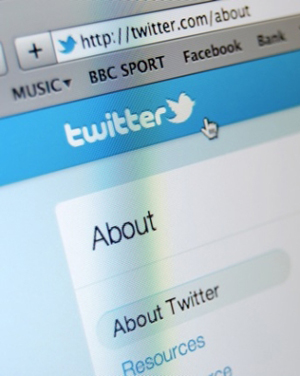Think before you tweet: Social media libel cases have doubled

Take a deep breath and step away from the keyboard - and keep on the right side of the lawyers...

Information networks such as Twitter are highly dynamic, whereas social networks are organicPhoto: pixelbully
If you've ever tweeted in anger, beware – libel cases involving social sites are on the rise.
Libel cases in the UK related to new media have doubled in recent years, jumping from from three in 2008-09, to seven in 2009-10, according to legal information company Sweet and Maxwell.
"'The rise in defamation cases linked to the internet is inevitable if internet users like bloggers or tweeters fail to put in place the same kind of pre-publication controls that traditional media uses,” Korieh Duodu, a barrister at law firm Addleshaw Goddard, said in a statement.
Thanks to the broadcast nature of sites such as Twitter, libellous or defamatory messages can reach huge audiences very quickly and, once posted, can be retweeted by others, making the message hard to ever remove from the site entirely.
And, as social media becomes increasingly part of the mainstream media landscape, companies and individuals are using monitoring services to keep tabs on what is being said about them on social sites.
Celebrities, for example, are turning to such services. "Digital media monitoring services of print and online media by the managers of celebrities give a more reliable record of when the media might have published damaging material," Sweet and Maxwell said.
Defamation cases brought by celebrities and sports starts in on the rise - almost nearly trebling from 11 in 2008-09, to 30 in 2009-10, according to the legal information company.